Originally designed for Bitcoin, blockchain technology has become many things to many people. A new report has released findings for an application of blockchain technology that could literally save the world.
M.A.D. aka mutually assured destruction is an unspoken agreement preventing powerful countries from using weapons of mass destruction against each other. There are also other nuclear treaties and agreements such as the NPT (Non-Proliferation Treaty). Whether it be for fear of retaliation or loosely held signed documents, countries have never had a sure way of knowing what other countries are truly capable of – until blockchain technology.
A 2-year research effort from King’s College in London titled, “The Trust Machine: Blockchain in Nuclear Disarmament and Arms Control Verification,” argued that blockchain can bring a fresh approach to how regulators are assessing trust in disarmament. Furthermore, the study looked to better understand how this technology could move modern thought beyond our current “silos in nuclear thinking” by providing provable trust to citizens, governments, and international entities that historically disagree. Below is our assessment of the report.
The report is intended for nuclear experts and decision-makers that have yet to consider blockchain as an application for their work. Our lack of expertise in nuclear disarmament but familiarity with blockchain gives us a unique perspective on the report. As the Wolf Team expected upon reading the report, a permissioned blockchain is the only practical solution to encourage cooperation around confidential and sensitive information, which the report did propose. This form of blockchain is private rather than public, which differs from Bitcoin’s open blockchain technology. Furthermore, the report explored how features such as physical keys to access nuclear weapons are analogous to the consensus mechanisms of blockchain and hashing as a feature to ensure immutability. The report did a great job of drawing parallels to the protocols of existing nuclear systems to the solutions offered by the features of blockchain.
Beyond the technicalities of how it could all come together, the report explored pre-existing studies of blockchain and nuclear protocol in a few countries, including Finland, Australia, and the United States, each of which have already found their own unique positive results citing “confidence, practicality, and transparency” in their findings. Whilst any positive findings instill further legitimacy to the functionality of blockchain, applying this technology in a meaningful way will require participation from Russia, China, UK, and France at the least. The Wolf Team has been tracking the progress of blockchain implementation in these countries, with China making significant advances in their digital Yuan and Russia implementing a blockchain voting system. The point is that blockchain technology is already under the eyes of regulators in these countries, so it isn’t out of the realm of possibility for this new application to gain traction.
As a final point, with every good technology comes a downside. The report was fair to recognize that blockchain in no way can circumvent on-site inspections, influence high-level policy objectives, or guarantee with certainty that important data can’t be changed. From the Wolf Team’s perspective and the report’s, we see blockchain as a tool to facilitate a more fair, reliable, and trusted system whether it be applied to voting, Bitcoin, or global nuclear disarmament.
Read the official report here: https://www.kcl.ac.uk/csss/assets/the-trust-machine-report.pdf
Written by Adam Tarlowski
